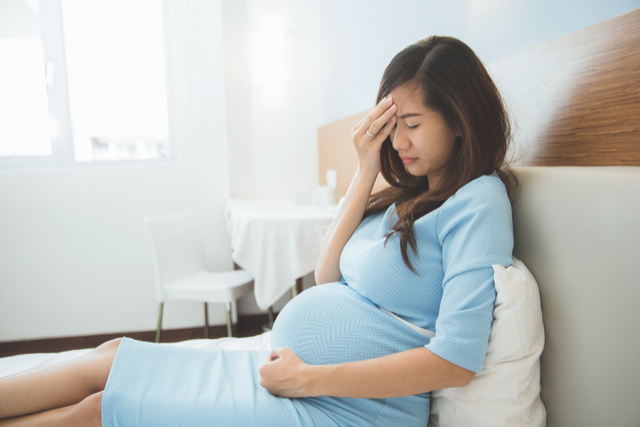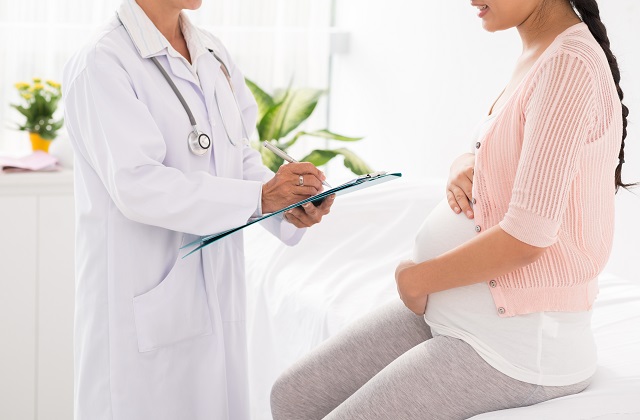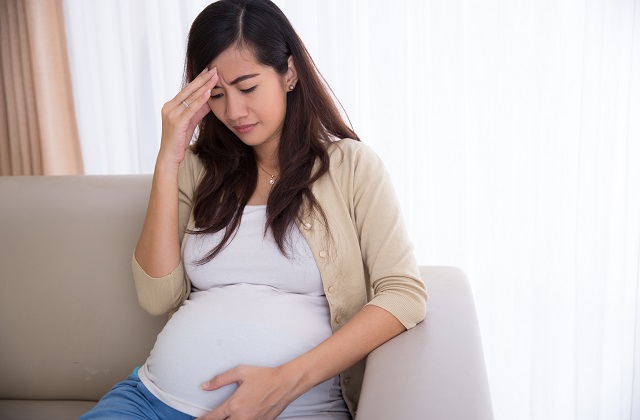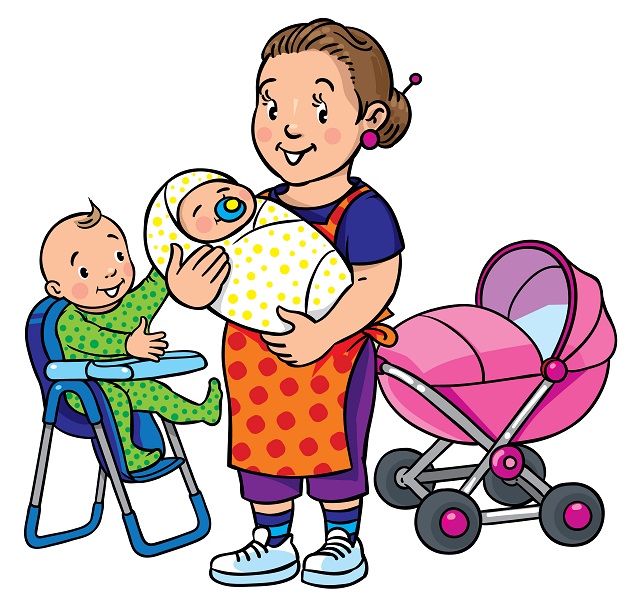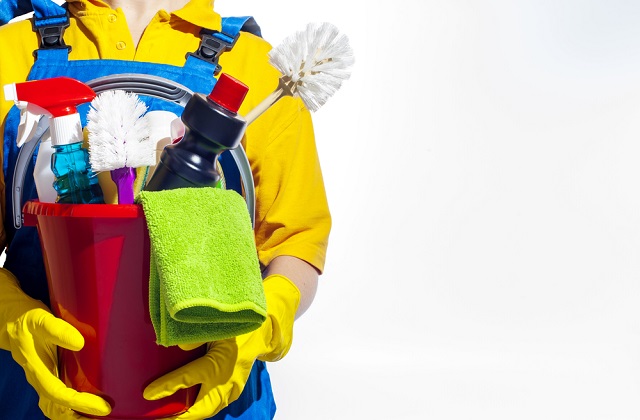Things To Avoid During Pregnancy
Activities to Avoid During Pregnancy
1. Wearing high heeled shoes
Wearing high heels during pregnancy is a bad idea. When you are pregnant, your weight increases and your centre of gravity changes as well. This makes it much more difficult to maintain balance when wearing high heels. When you fall, you suffer from a greater risk of having a miscarriage.
In addition, swelling of the ankle, legs and feet is a common symptom of pregnancy. Wearing high heels can aggravate the swelling. High heeled shoes also puts excess pressure on your pelvic and back joints, which can cause aches around the joints and ligaments of those areas.
Ladies, just remember that beauty can wait, your baby comes first!
2. Smoking
Cigarettes contain chemicals such as nicotine, carbon monoxide and tar which are dangerous for the foetus. Smoking increases the risk of early miscarriage, stillbirth and low birth weight. It can also lead to developmental problems in the baby.
Nicotine can cause contractions in the fallopian tubes. These contractions may result in an ectopic pregnancy, which refers to when a fertilised egg implants itself outside the uterus, either in the fallopian tubes or the abdomen. This can be fatal for both the mother and child.
Smoking during pregnancy increases the risk of defects in the baby. The most common birth defects include congenital heart defects and problems with the structure of the heart.
If you are a smoker and you plan to conceive a child with your partner, you can seek help to quit smoking.
3. X-Ray
X-Rays are short bursts of radiation that can pass through body tissue. X-Rays during pregnancy typically carry only a small risk of exposing the baby to radiation, which can cause cancer to develop during his/her childhood. However, repeated exposure to radiation during pregnancy can damage the body’s cells and increase the risk of developing cancer. It is best to avoid X-Rays entirely during pregnancy.
4. Alcohol consumption
Excessive alcohol consumption is associated with foetal alcohol syndrome which is characterized by growth deficiency, mental retardation, behavioural disturbances and an atypical heart-shaped facial appearance in the baby born of an alcoholic mother.
In addition, congenital heart defects, brain anomalies are also often found in these babies due to the sustained ill effects of alcohol consumed by the mother before or during pregnancy. This syndrome occurs in 30 to 40% of newborns born to women who are alcoholics. It is therefore important for a woman to stop alcohol consumption when she tries to conceive and during her pregnancy.
5. Using Essential Oils
Essentials oils may seem like all-natural products that are good for us. However, as natural as they may be, some essential oils are harmful for pregnant women. Jasmine and clary sage have been associated with triggering contractions. Sage and rosemary oil can cause bleeding, and rosemary increases blood pressure as well.
Essential oils that are in natural products are diluted, so they are usually safe. However, pregnant women should take caution when using pure essential oils. Always consult your doctor when you are unsure of whether your essential oil is safe for you to use.
Chemicals To Avoid During Pregnancy
1. Solvents
Some organic solvents are dangerous for pregnant women as they could increase chances of miscarriage, stillbirth, preterm birth, a low birthweight baby and birth defects. Not all solvents are hazardous, but some common ones that pregnant women should avoid include perchloroethylene, benzene, toluene, turpentine, methyl acetate, hexane, chloroform and xylene.
It is recommended to limit your exposure to paint and paint fumes as much as possible when you are pregnant. Most paint contain solvents and may be harmful for your baby. If there is painting that needs to be done, choose a paint that is “low VOC” or “zero-VOC” as these paints contain lower levels of solvents or no solvents. You should keep the room well-ventilated, and make sure not to eat or drink in the room to avoid ingesting any paint.
If you have the following occupations, you should consult your doctor about your working conditions:
- Laboratory worker
- Work in a printing shop
- Painter
- Dry cleaner
- Metalworker
- Oil and chemical industry worker
- Artist
- Cosmetologist
- Beautician, nail salon technician
2. Camphor
Camphor is a chemical that is commonly found in household products such as mothball, insect repellent and topical pain relievers such as medicated oil. It is also commonly found in inhalants that are used to treat asthma and other respiratory conditions.
Camphor is a dangerous solution for pregnant women as it can be transmitted through the skin. Camphor can be carried through the placenta to the foetus, causing birth defects and stillbirth. Medicated oil containing camphor should not be inhaled too as camphor can cause birth defects even when inhaled.
3. Parabens
Parabens are a class of preservatives commonly found in cosmetic products. Parabens are easily absorbed into the skin and can be dangerous for pregnant women. In a 2016 study, it was found that prenatal exposure to BPA, a type of paraben, was linked to several pregnancy issues like miscarriage, low birth weight, obesity, impaired foetal growth and behavioural problems. Hence, when choosing cosmetic products, it is best to choose products that are parabens free.
4. Triclosan
Triclosan is a popular ingredient in many anti-bacterial soaps because of its ability to kill germs. However, what many don’t know is that maternal exposure to triclosan has been associated with impaired thyroid function in foetuses (Rodriguez & Sanchez, 2010). When purchasing any anti-bacterial soaps, detergents or creams, remember to check the ingredient list to ensure that it is triclosan-free.
5. Phthalates
Phthalates are a type of substance used to increase durability, transparency and longevity of building supplies, personal care products, medical devices, detergents, food packaging, children’s toys, pharmaceuticals, paint, inks and cosmetics. Phthalates are endocrine disruptors, meaning that they can interfere with the body’s endocrine system and cause detrimental effects on the developmental, reproductive, neurological and immune system.
Phthalates are dangerous during prenatal and early postnatal development as the baby’s organs and neural systems are still forming.
Phthalates can be found in common day-to-day items such as water bottles, plastic containers, food packaging and synthetic fragrances. It is best to choose phthalate-free water bottles, baby toys, pacifiers, utensils, and other products to protect your child from the harmful effects of phthalates.
Learn more about the foods to avoid during pregnancy.
Sources:
Centers for Disease Control and Prevention. (2017, April 20). CDC - Reproductive Health Solvents - NIOSH Workplace Safety and Health Topic. Retrieved from https://www.cdc.gov/niosh/topics/repro/solvents.html
Dr. Edward Group DC, NP, DACBN, DCBCN, DABFM. (2015, October 2). 5 Dangerous Chemicals to Avoid During Pregnancy. Retrieved from https://www.globalhealingcenter.com/natural-health/5-dangerous-chemicals-avoid-pregnancy/#1
National Institute of Environmental Health Sciences. (n.d.). Endocrine Disruptors. Retrieved from https://www.niehs.nih.gov/health/topics/agents/endocrine/index.cfm
Racco M. (2017, April 17). 11 skincare ingredients to avoid during pregnancy. Retrieved from https://globalnews.ca/news/3383851/11-skincare-ingredients-to-avoid-during-pregnancy/
Rodríguez, P. E., & Sanchez, M. S. (2010). Maternal Exposure to Triclosan Impairs Thyroid Homeostasis and Female Pubertal Development in Wistar Rat Offspring. Journal of Toxicology and Environmental Health, Part A, 73(24), 1678-1688. doi:10.1080/15287394.2010.516241
It takes a village to raise a child !
Join our Facebook Group For 2025 SG Mummies or Facebook Group For 2026 SG Mummies
2024 SG Mummies Whatsapp Group by EDD Month or 2025 SG Mummies Whatsapp Group By EDD Month

